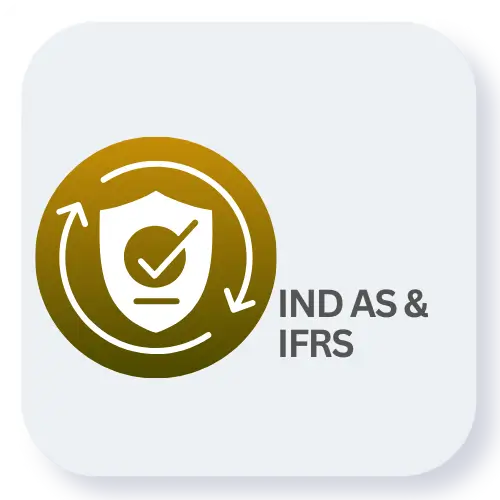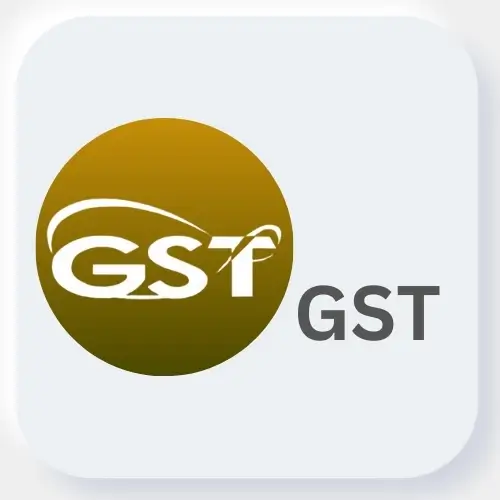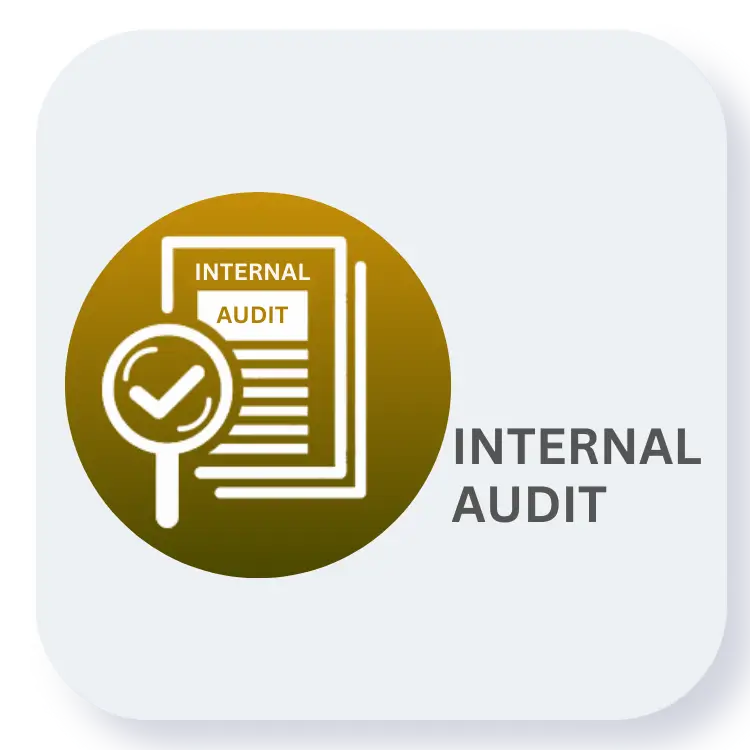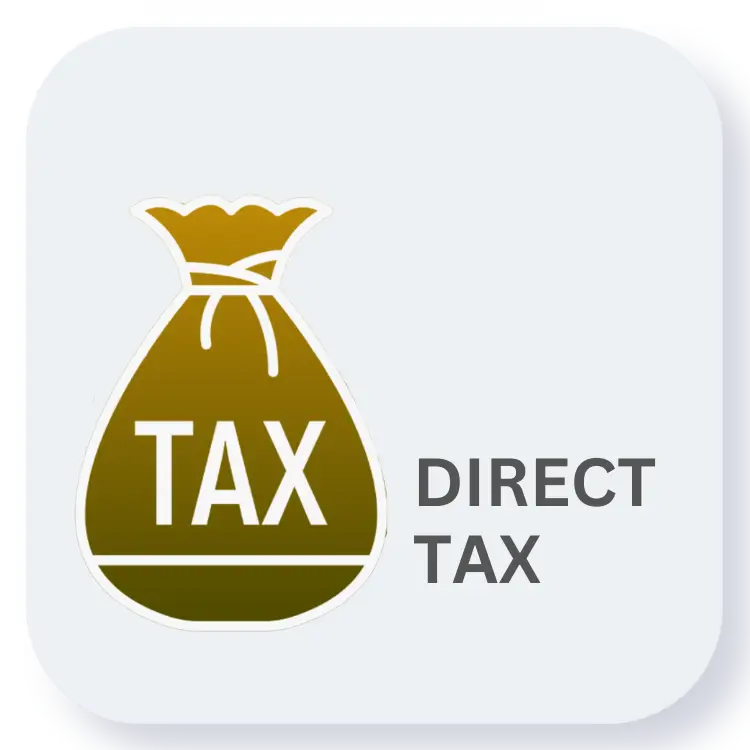“Understanding Corporate Tax Doesn’t Have to Feel Like a Maze”
When Aman stepped into the chaos of a mid-size Indian startup, he had the confidence only a freshly
qualified chartered accountant could carry. After years of grinding for his CA exams, he was finally in.
But instead of joining strategy meetings or pitching to investors, Aman was thrown into the world of
direct taxation - files, sections, assessments, notices.
“I didn’t sign up for this,” he joked over chai.
But six months later, Aman wasn’t just surviving direct taxation in India - he was thriving. And
unknowingly, he was also laying the foundation of a career in direct
tax in India.
What Is Direct Taxation in India, Actually?
Direct taxation refers to taxes that are paid directly by individuals or entities to the government.
These are not passed on to others. For companies, direct
taxation in India refers to corporate taxes
paid under the Income Tax Act, 1961, governed by the Central Board of Direct Taxes.
So, who pays direct tax in India?
Every business or individual whose income exceeds prescribed limits must pay. From startups to
conglomerates, direct tax is non-negotiable.
Who collects direct tax in India?
CBDT collects taxes in India. Central Board of Direct Taxes (CBDT) is the apex body overseeing all
assessments, collections and legal compliance related to direct taxes.
Corporate Tax Rates in India
Under the direct tax laws, here's what companies face in 2025:
Domestic Companies:
- 22% (plus surcharge & cess) – under new regime
- 25% (with exemptions) – under old regime
- 15% – for new manufacturing companies
Foreign Companies:
- 40% (plus surcharge & cess)
But direct taxation doesn’t stop at these numbers. A single misinterpretation of a section or accounting
mistake can lead to tax demands, penalties, or worse - disallowances.
What is an example of a direct tax?
Corporate tax, income tax, and capital gains tax are classic examples. These are directly collected by
the government from the taxpayer and not shifted to anyone else.
How Aman Learnt to Navigate Direct Tax of Income Tax
Three weeks into the job, Aman was asked to calculate advance tax for Q3. Simple? Not really.
He had to learn:
- MAT vs normal computation under Section 115JB
- Set-offs and carry forwards
- Deferred tax via direct tax and accounting adjustments
- How small mistakes (like incorrect depreciation) could lead to lakhs in penalties
That day, Aman realised direct taxation in India wasn’t just about knowing the tax slab - it was about
knowing the direct tax book inside-out. And it was also the moment he realised how valuable a career in
direct tax in India could become for him.
Why Direct Taxation Is Not Just Compliance – It’s Strategy
Most people see direct taxation as back-office work. But for chartered accountants, it’s where strategy
is born.
Here’s where tax direct consulting becomes vital:
- Choosing new vs old regime
- Claiming deductions under Section 80JJAA or Section 35
- Planning dividend payouts
- Bulletproofing transfer
pricing
- Using direct taxes ready reckoner to time advance tax payments smartly
A common question that’s asked from freshers is:
“What is the difference between direct and indirect taxes?”
This is something that you’ve known for years, but just to set the basics right, here’s how you can
answer this → Direct taxes are the taxes that are paid directly to the government (like income tax on
our income), while indirect taxes (like GST) are collected from the consumer and passed on to the
government (like we pay GST of 12–18% on shoes).
Daily Battles of a Direct Taxation Professional
Direct taxation in India is not for the faint-hearted. One TDS mismatch, and the CFO is in your cabin.
Aman experienced these first-hand:
- TDS not deposited? Expenses disallowed.
- Transfer pricing report late? Expect scrutiny.
- Turnover mismatch between GST &
ITR? Welcome Section 143(2).
- MAT credit not reconciled? Pay more tax.
In lean finance teams, it’s the chartered accountant who ensures clean compliance in the jungle of direct
tax laws. These daily battles shape a real-world career in direct tax in India.
The Future of Direct Taxation in India
The Government is reimagining direct taxation - and fast.
- Faceless assessments
- AI-generated
notices
- Pre-filled ITRs with real-time cross-checks
- Tighter compliance using tech-driven monitoring
And here’s the catch: every mistake gets flagged. There’s no hiding behind manual errors anymore.
This is where tax professionals who understand direct taxation of income tax and how it intersects with
business operations will rule the field. It’s exactly why a career in direct tax in India is becoming
not just viable, but vital.
Is Local Property Tax Direct or Indirect?
It’s a common question. Local property tax is a direct tax - paid directly by the property owner to the
municipality. It’s not recoverable from anyone else.
Just like income tax, it’s your responsibility as the assessed person.
Why Direct Taxation Is a Career Superpower for Chartered Accountants
If you're wondering whether direct taxation is worth it - ask Aman today.
He’ll show you his bookmarked notifications from the Central Board of Direct Taxes, his personal Excel
tracker for Section 80 deductions, and maybe even a few pending appeal memos he’s drafting.
Direct taxation in India trains you to think like a policymaker, act like a risk manager, and communicate
like a strategist.
Conclusion: The Power of Direct Taxation Lies in the Details - and So Does a Career in
Direct Tax in India
Six months ago, Aman wanted to run from tax files.
Now? He’s the go-to guy.
In a country with complex direct tax laws, the ones who truly understand the ecosystem of direct taxation
in India become indispensable.
Because at the end of the day, when it comes to fiscal integrity, investor confidence, or facing
assessments - chartered
accountants who master direct taxation are the real backbone of business.
And those who choose a career in direct tax in India? They don’t just survive - they lead.
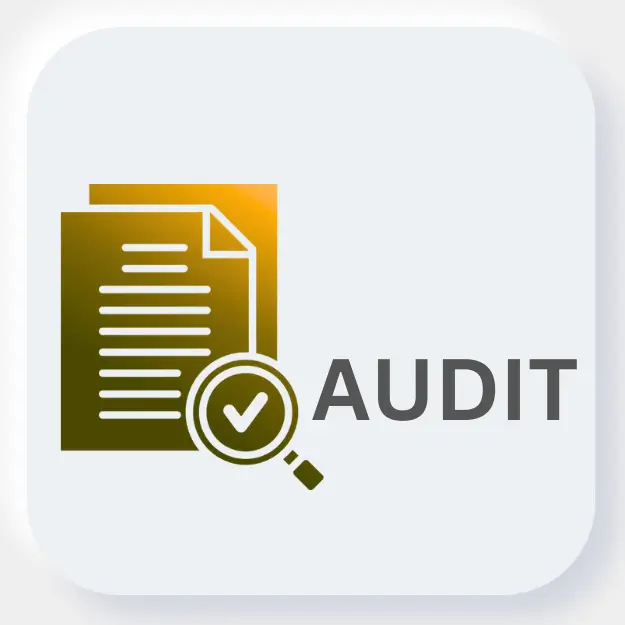
.webp)


